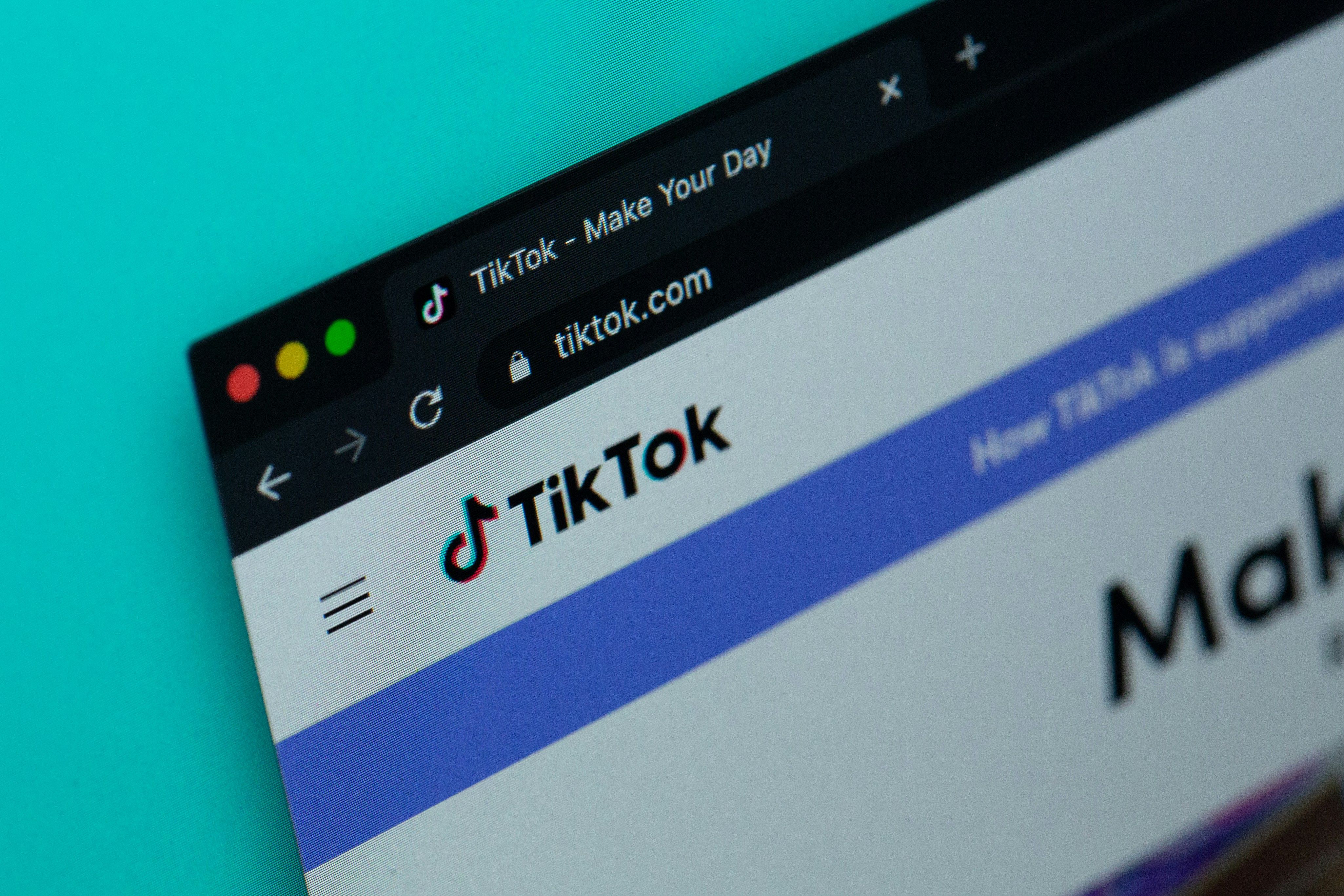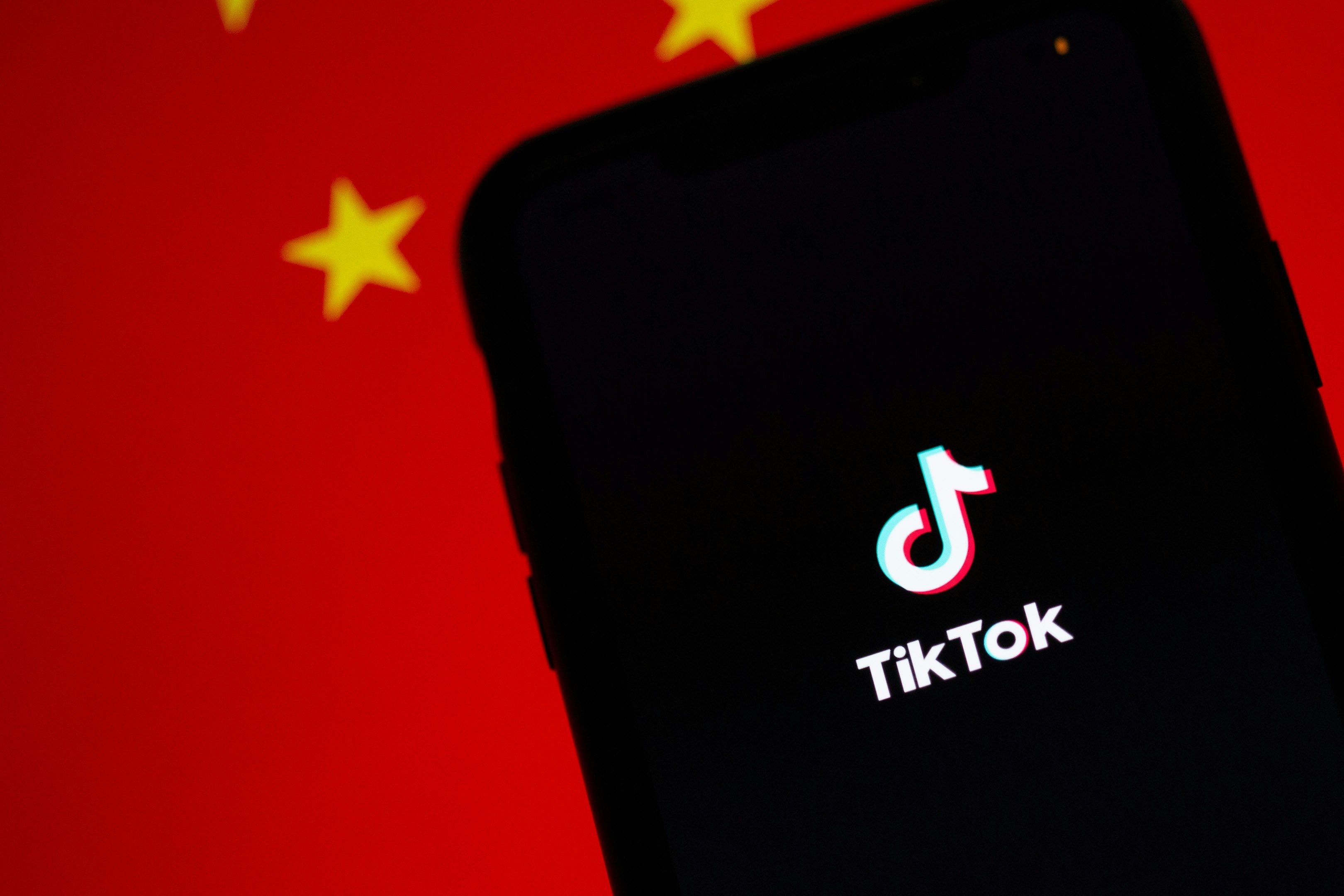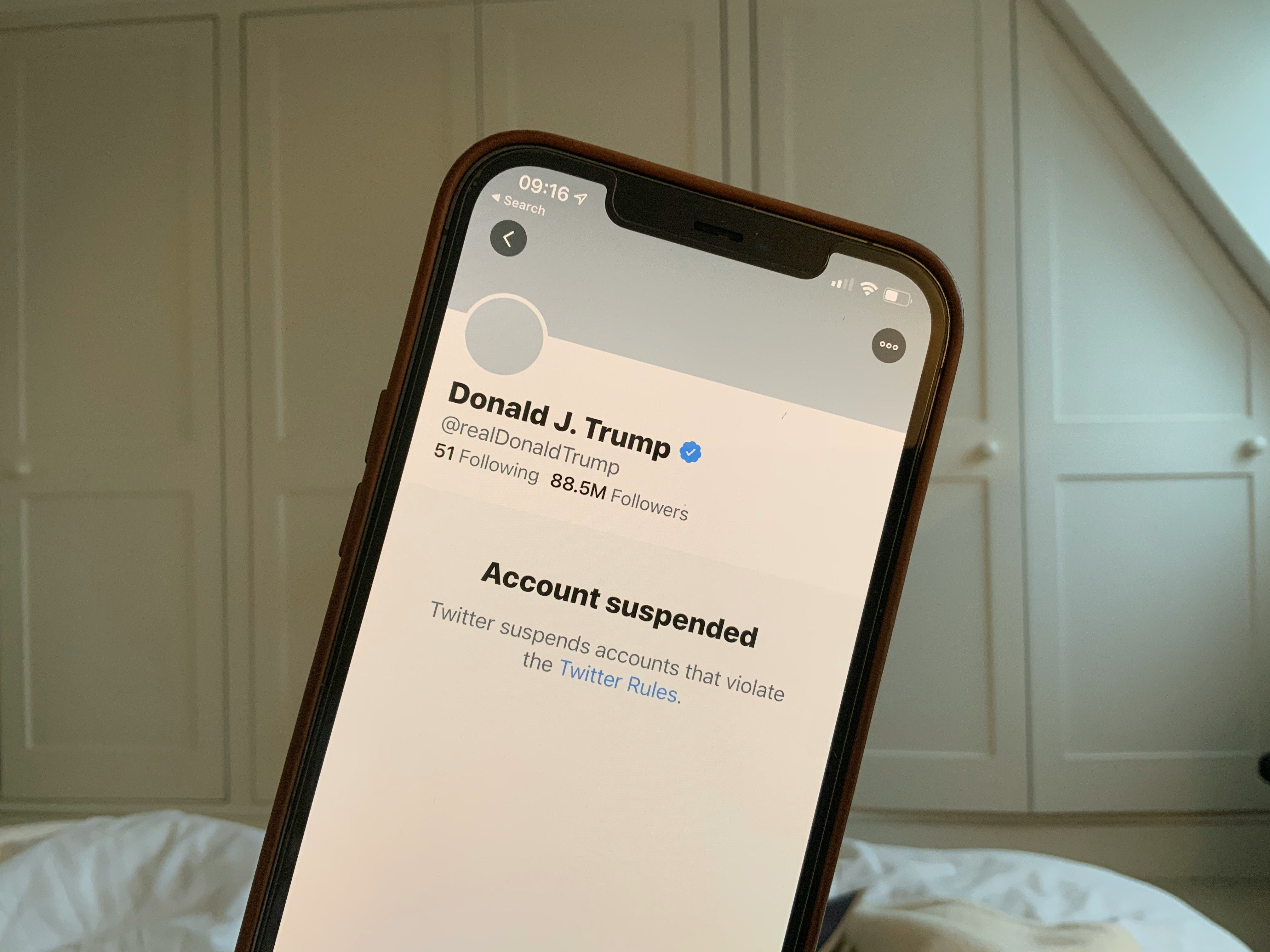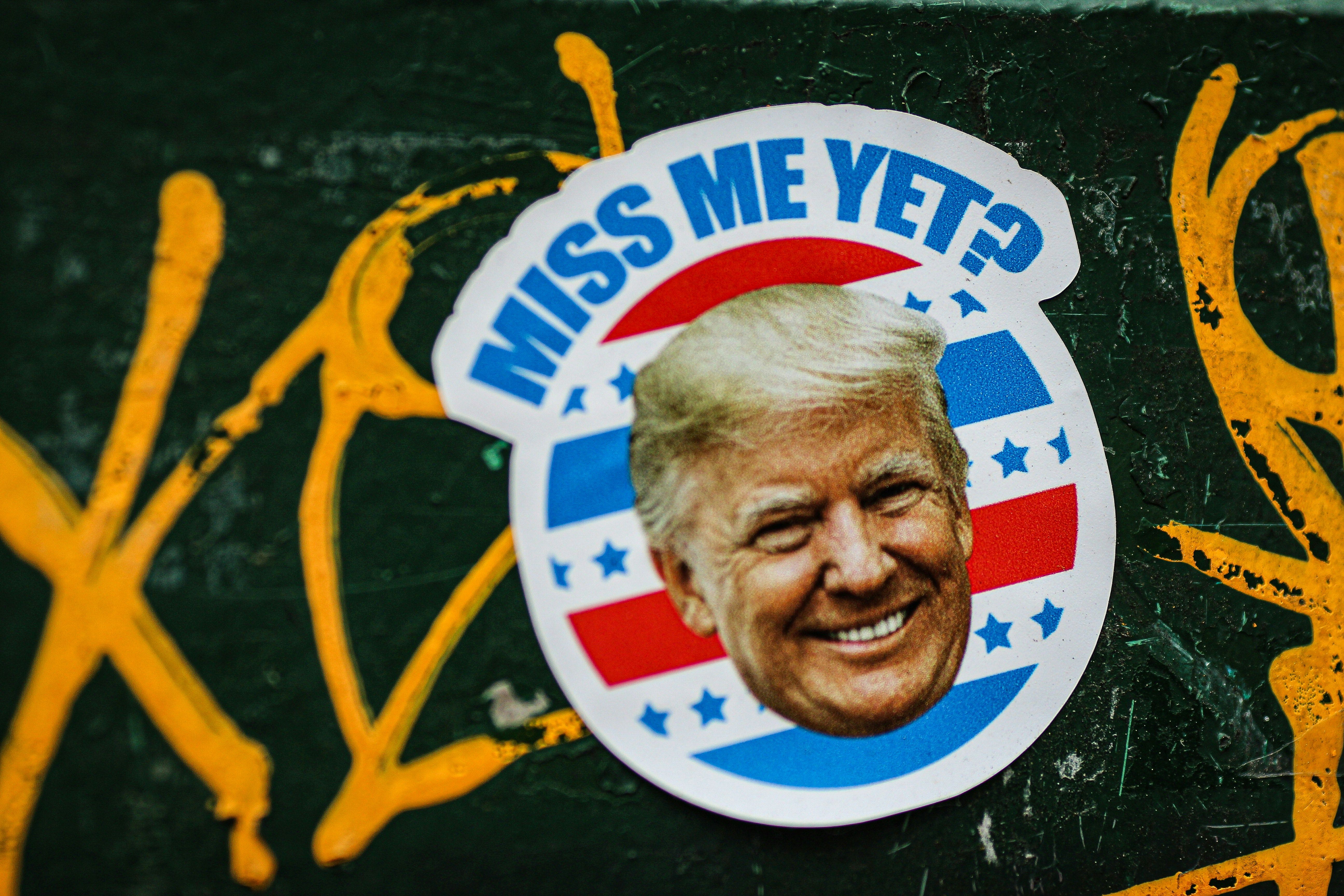What a surprising turn of events! Former U.S. President Donald Trump has joined TikTok, the very platform he once sought to ban during his presidency. This move comes amidst continued debates and legislative attempts to regulate or ban the app due to security concerns. Trump's entry into the TikTok world is an unexpected pivot in his stance and at best it is a strategy to engage with younger demographics and counter opposing political narratives.
Trump's Surprising Entry into TikTok

Photo by Solen Feyissa on Unsplash
Details of Trump's first TikTok post
Donald Trump's initial foray into the TikTok world garnered extensive attention. His debut on the platform features a video at the Ultimate Fighting Championship (UFC) 302 event, where UFC President Dana White introduces him. The video continues with Trump expressing his honor in joining the app, accompanied by a backdrop of UFC fans cheering. This strategic entry marked his presence and concurrently tapped into the app's young demographic, hopefully (for Donald Trump) swaying future voters.
The impact on his social media following
The impact of Trump's TikTok debut on his social media following has been significant. Within a very short span, his account attracted more than 1.1 million followers, and his first post exceeded 22 million views in just a few hours. This rapid growth shows his enduring influence and indicates TikTok's role as a potent platform for political figures to reach a broader, often younger audience. Comparatively, Trump's rivals, like President Joe Biden, have also been active on TikTok, though Trump's follower metrics have surged at a noticeably faster rate, perhaps demonstrating his strong appeal among the platform's user base.
Political Context and Security Concerns

Photo by Solen Feyissa on Unsplash
Past attempts to ban TikTok
Trump’s relationship with TikTok has been complex and contentious. During his presidency, citing national security threats due to the app’s Chinese parent company, ByteDance, Trump aggressively pursued measures to restrict TikTok’s operations in the U.S. This included attempts to ban the application outright through executive orders—efforts that were ultimately blocked by legal challenges. His administration’s stance set the tone for future geopolitical tension with China, positioning TikTok at the epicenter of significant U.S.-China disputes over technology and data security.
Current legislative actions against TikTok
Since leaving office, the debate over TikTok's risk and its place in America has continued, with President Biden and Congress pushing forward with legislation that mandates TikTok to divest its U.S. operations or face a total ban. Bipartisan concerns prevail about the potential for data privacy breaches and the undue influence by the Chinese government. Trump's stance, however, has shifted, and he now argues that banning TikTok might alienate young voters and inadvertently benefit competitors like Meta, the parent company of Facebook and Instagram.
National security arguments revisited
The core of the national security arguments against TikTok centers on the potential access the Chinese government could have to data collected by ByteDance. Critics argue the app collects vast amounts of personal data from U.S. users, which could be exploited for intelligence or influence purposes. Although TikTok insists that its data centers outside China safeguard U.S. user data, skeptics remain wary of Beijing's potential oversight. The ongoing litigation and the staunch defense from TikTok challenging these national security accusations demonstrate the complexity of defining and mitigating these purported risks in the intertwined global tech landscape.
Implications for U.S. Politics and Young Voters

Photo by John Cameron on Unsplash
Trump's strategic use of TikTok for campaigning
Donald Trump’s unexpected move to join TikTok, a platform he once tried banning, marks a strategic pivot aimed at harnessing the app’s young, dynamic audience for political advantage. With 170 million users in the U.S. alone, TikTok serves as a vital arena for reaching potentially untapped voters. Trump's inaugural TikTok post, made shortly after a high-profile public event (UFC 302), quickly garnered millions of views, demonstrating its efficacy as a direct communication tool with the electorate. This approach reflects a broader trend where political figures leverage social media's immediacy and viral nature to amplify their messages and rally support, particularly among younger demographics who are less reachable through traditional media channels.
Comparison with Biden's TikTok presence
In stark contrast to Trump’s robust entrance into the TikTok scene, President Joe Biden’s campaign has been less impactful on the platform, detailed by the markedly lower count of followers and less viral content. While both political figures are leveraging TikTok to engage with younger voters, Trump’s more dramatic and contentious content naturally garners more interactions and shares. Biden’s presence, although consistent, lacks the viral appeal that Trump’s contentious and headline-grabbing posts generate. This discrepancy is probable evidence for differing strategies: Trump's approach is provocative and designed for high engagement, while Biden's approach is more subdued and possibly aimed at steady, reliable messaging.
Engagement and reactions from the TikTok community
The TikTok community has reacted to Trump’s account with a mixture of astonishment and engagement, indicative of the platform’s vibrant user interaction. Trump’s supporters on TikTok are reportedly more active than his detractors, engaging heavily with content that resonates with their political and cultural leanings. This enthusiastic reception is juxtaposed with a more measured engagement from Biden supporters, who often focus on different issues such as policy specifics over personality-driven content. The dynamic nature of TikTok also facilitates a broad spectrum of reactions, ranging from supportive to critical, reflecting the polarized nature of current U.S. political discourse. Moreover, the presence of conspiracy theories and misinformation doesn't help with the challenges and responsibilities of political campaigning on such a platform.






